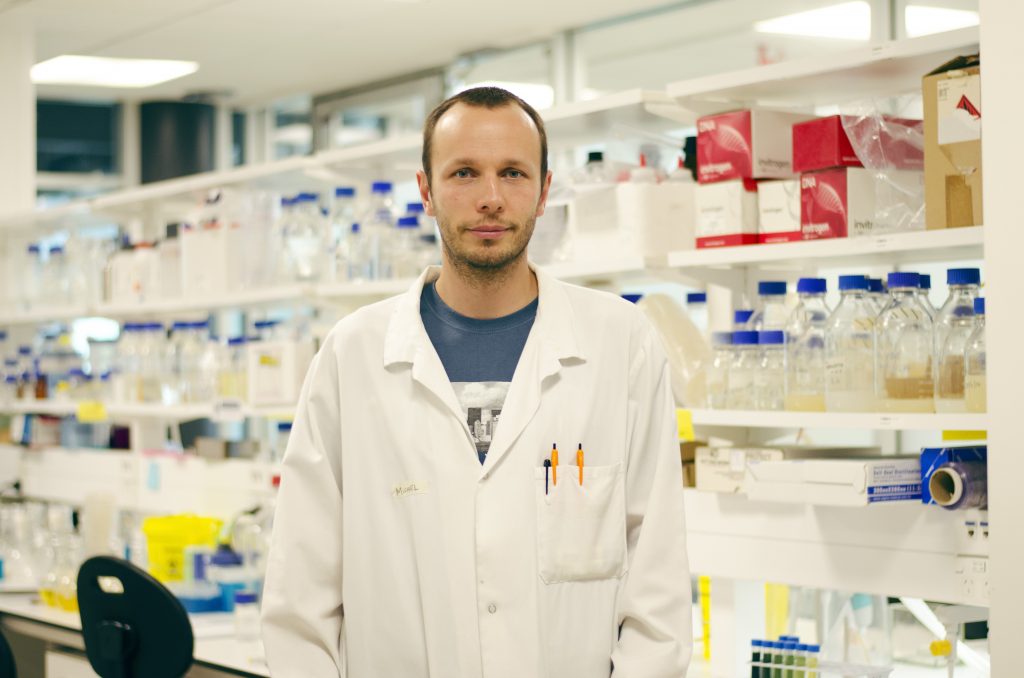Mikhail Fokin
- Genetics
- Functional genomics
- Systems biology
- Bioinformatics
PHD PROJECT
Characterization of antifungal activity of Epicoccum purpurascens through its de novo genome sequencing
Project background
Biotelliga Ltd is a company based in Pukekohe New Zealand, which develops and produces biological, sustainable, non‐chemical based crop spray solutions for the effective management and control of pests and diseases. Biotelliga’s vision is to provide global leadership in commercialisation of sustainable biocontrols for agriculture and horticulture, leading to sustainable industry practices and a safer, healthier environment. Over recent decades, producers have used synthetic fungicides as the main tool to control fungal attacks on growing and harvested crops. It has been estimated that over 23 million kg of these synthetic fungicides are used annually worldwide and it is agreed that production and marketing of fruit and vegetables would not be possible without their use. However, in recent years consumers have shown increased concern regarding the use of chemicals and the associated issues with toxicity and environmental pollution. As a result, globally the use of chemicals is becoming more and more restrictive and the requirement to innovate alternative control measure more critical. There is an increasing interest in finding alternatives to chemical fungicides considered as safe, and with negligible risk to human health and the environment. Among these strategies, natural products with antifungal properties produced by antagonist microorganisms are very attractive because they are readily biodegradable and, therefore, can be less toxic to the environment and consumers.
Project details
The aim of the project is to sequence, assemble and annotate the full genome of the E. purpurascens strain and reconstruct its metabolic network to identify gene clusters and pathways associated with biosynthesis of secondary metabolites. Firstly, full genome of the strain will be thoroughly (>100x coverage) sequenced, using NextGen Sequencing services. Recent innovations in libraries preparation and Illumina sequencing chemistry, allow assembling extended contigs and scaffolds, to be done at the second step of our research. Despite these achievements in sequencing technologies, last Assemblathon contest showed that genome assembling is still the trickiest step, therefore in our study few different assemblers will be used, and their results will be compared by statistic quality analysis. At the third stage the successfully assembled genome will be annotated using conventional bioinformatic tools, as well as software designed specifically for searching and annotation of secondary metabolites gene clusters.
The outputs of the research project will assist Biotelliga in future metabolic engineering studies to enhance production of specific secondary metabolites at industrial scale as well as it presents an undeniable opportunity for discovery of new bioactive molecules for industrial applications.

